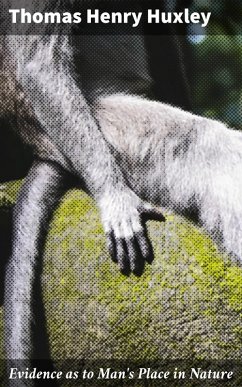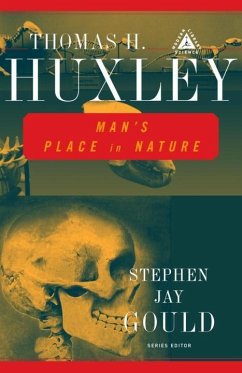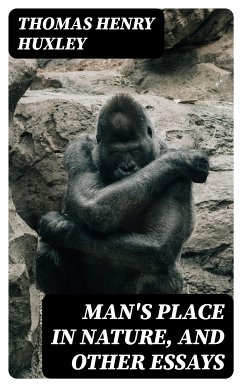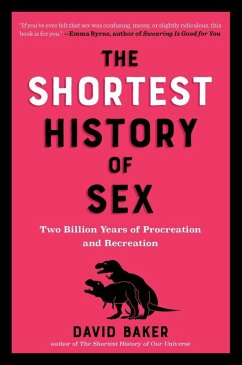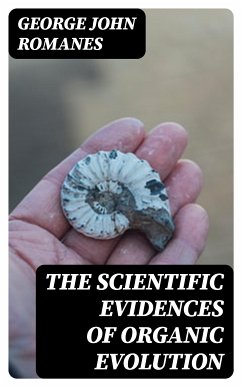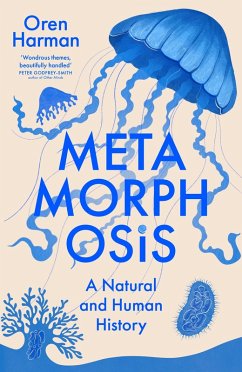
Evidence as to Man's Place in Nature (eBook, ePUB)
Versandkostenfrei!
Sofort per Download lieferbar
0,49 €
inkl. MwSt.
Weitere Ausgaben:

PAYBACK Punkte
0 °P sammeln!
In "Evidence as to Man's Place in Nature," Thomas Henry Huxley employs a rigorous scientific approach to explore humanity's evolutionary roots. Written during the late Victorian era-a time of burgeoning scientific discovery-Huxley's work synthesizes paleontological evidence, anatomical observations, and comparative biology to argue that humans are part of the natural continuum of life. His literary style is clear and persuasive, characterized by logical reasoning and a commitment to empirical evidence, which reflects the spirit of inquiry prevalent in the emerging field of evolutionary biology...
In "Evidence as to Man's Place in Nature," Thomas Henry Huxley employs a rigorous scientific approach to explore humanity's evolutionary roots. Written during the late Victorian era-a time of burgeoning scientific discovery-Huxley's work synthesizes paleontological evidence, anatomical observations, and comparative biology to argue that humans are part of the natural continuum of life. His literary style is clear and persuasive, characterized by logical reasoning and a commitment to empirical evidence, which reflects the spirit of inquiry prevalent in the emerging field of evolutionary biology during this period. Huxley, often dubbed 'Darwin's Bulldog' for his advocacy of Charles Darwin's theories, was a biologist and anthropologist who played a pivotal role in popularizing evolutionary thought. His background in comparative anatomy and his own struggles against the prevailing dogmatic views of his time likely inspired him to confront societal norms regarding humanity's place in the natural order. Huxley's intellect combined with his commitment to scientific truth positions him as a crucial figure in the history of science. This book is essential for anyone interested in the intersections of science, philosophy, and human identity. Huxley's insights resonate today, urging readers to reflect on the implications of evolution for understanding our own nature. It is a compelling read for scholars, students, and curious minds alike.
Dieser Download kann aus rechtlichen Gründen nur mit Rechnungsadresse in A, B, BG, CY, CZ, D, DK, EW, E, FIN, F, GR, H, IRL, I, LT, L, LR, M, NL, PL, P, R, S, SLO, SK ausgeliefert werden.




